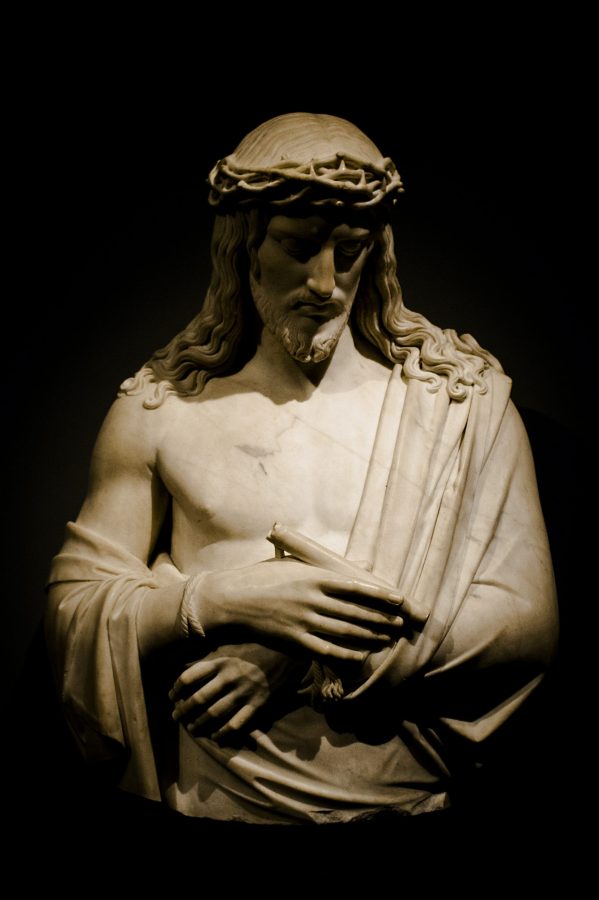We are in the middle of Holy Week. During the days leading up to the Easter Triduum, the Gospels of the Eucharist allude to Judas Iscariot in the impressive preludes to his betrayal of the Master, which was the first, but not the only one… I wonder if Jesus were to return to this world, would we betray him again?
The very famous “Legend of the Grand Inquisitor” is suggestive of this answer. We find it in Fedor Dostoyevsky’s last novel, The Brothers Karamazov. The Russian writer, who finished this work two years before his death, recognised this work of his as the culmination of his novel. Nobody analysed and diagnosed the much-talked-about “death of God” like him. The legend narrates an alleged appearance of Jesus Christ in 16th-century Seville, his imprisonment and, in particular, the interrogation to which he is subjected by the Grand Inquisitor. The plot of the episode develops a bitter and fascinating discourse that questions the message of Christ.
It presents Christ locked up in the prison of the Inquisition. At night he is visited by the Grand Inquisitor, this “tall, erect, ascetically thin” personage. He is not a man of God. He was… In an interminable monologue he blames him for causing the evils of our world. And he reasons this on the basis of the story of Christ’s temptations in the desert. Because of his “wrong” answers to the proposals of the evil one, he has tried to exalt the human being as a superior or divine being. And that is precisely what, as a creature, will be impossible for him to achieve: the freedom promulgated by the Son of God is not and never will be within his reach.
The final question he puts to Christ, with which he intends to eliminate him, is: “Why have you come to trouble us? You well know that your coming is untimely“. Christ listens in silence to the Inquisitor’s avalanche of accusations: of being a danger to the amorphous tranquillity of humanity for having brought it freedom, conscience, responsibility; for having taught it the hidden meaning of pain and for having deposited in its heart the seed of love. Moreover, Christ has the “impudence” to give his own life for those people who “today kiss your feet and tomorrow will hasten to add fuel to the fire“. With these arguments the Inquisitor tries to reduce Christ’s strong and uncomfortable presence to ashes.
The legend ends thus: “And behold, the prisoner approaches him in silence and kisses the bloodless lips of the nonagenarian. That is what his response boils down to! The old man shudders, his lips tremble; he goes to the door, opens it and says: Go away and never come back… never! And he lets him go out into the darkness of the city“. The prisoner walks away.
Why do we bring here the “Legend of the Grand Inquisitor”? Only because it can be a sublime meditation for these holy days that smell of scorn and betrayal, but never defeat Love.
Juan Carlos cmf
(PHOTO: Alessandro Bellone)






